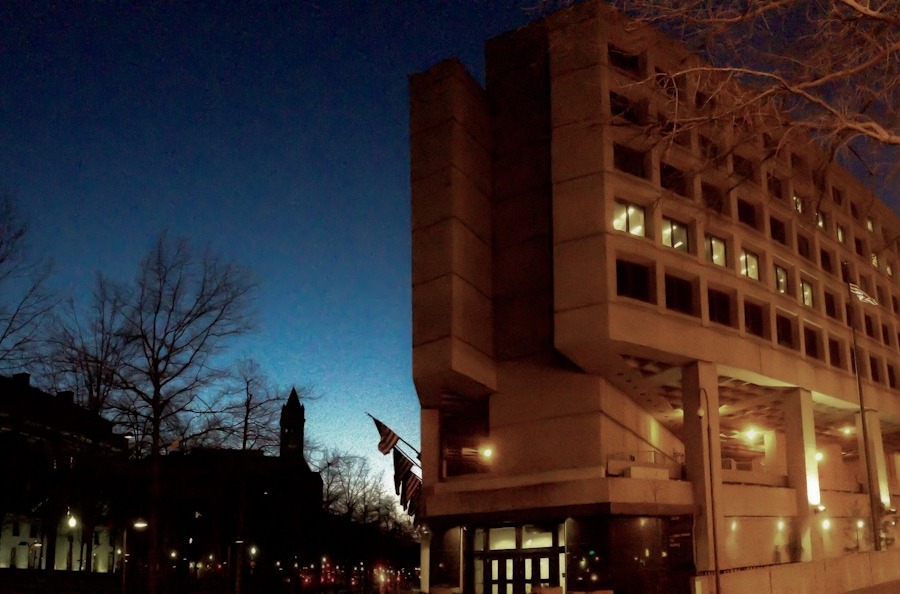Rendition Fallout: Former CIA Officer Convicted in Absentia by Italy Possibly Arrested in Portugal
Reports are circulating that Sabrina De Sousa, a former CIA officer, has been arrested in Portugal. De Sousa was among the many CIA employees prosecuted and convicted in absentia by an Italian prosecutor, based on the Abu Omar rendition (from Milan to Egypt). She has denied involvement in that operation, and has garnered considerable attention in the past for urging that blame instead be fixed on senior CIA officials.

Published by The Lawfare Institute
in Cooperation With

Reports are circulating that Sabrina De Sousa, a former CIA officer, has been arrested in Portugal. De Sousa was among the many CIA employees prosecuted and convicted in absentia by an Italian prosecutor, based on the Abu Omar rendition (from Milan to Egypt). She has denied involvement in that operation, and has garnered considerable attention in the past for urging that blame instead be fixed on senior CIA officials. De Sousa's twitter feed (see the snapshot above) states that she is not actually in detention at the moment (circa 10 a.m. eastern time today, that is), and includes the hashtag #scapegoatery.
The situation at first blush appears similar to what occurred in 2013 when Robert Seldon Lady, also convicted in absentia for the Abu Omar rendition, was arrested in Panama. Lady was freed the next day, however, and it remains to be seen whether something similar will occur with De Sousa. In this regard, it is perhaps worth noting that De Sousa has garnered attention in the past not just for denying involvement in the Abu Omar rendition but also for calling for action to be taken against senior CIA officials for planning rendition oepration (the twitter snapshot above, you will notice, includes such a call and concludes with the hashtage #scapegoatery). Whatever happens next, though, the fundamental point about this development is that it underscores the capacity of foreign governments to impose real consequences on individual U.S. personnel linked to national security activities that those governments view as illegal, at least in some circumstances.





